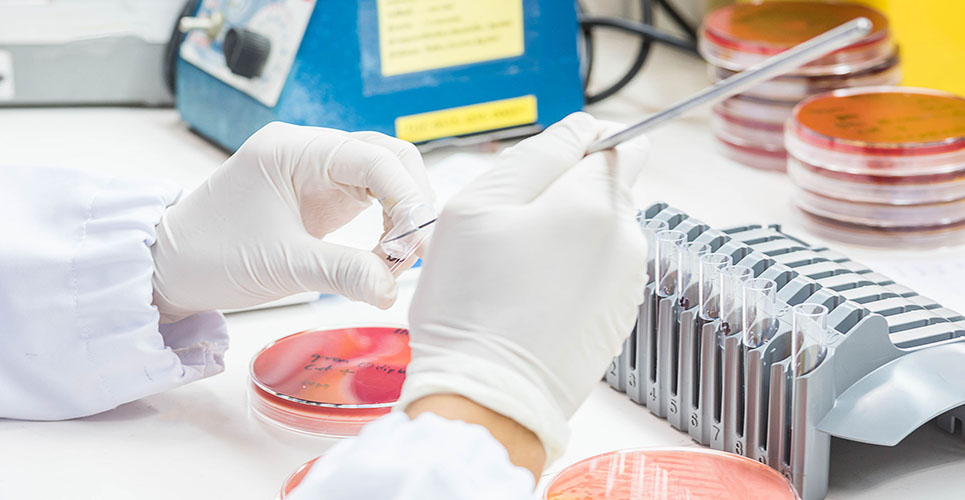teaser
A leading British researcher has said embryonic stem cells could provide a new way of testing drugs for dangerous side effects.
Christine Mummery, Professor of Developmental Biology at Leiden University Medical Centre in The Netherlands, said that the small and sparsely funded research area will boom in future years.
She told the British Pharmacological Society’s Winter Meeting in Brighton, UK, that it usually costs $1 billion and takes 10 years to develop a new drug. Before tests or trials on patients, millions of chemical compounds must be tested on cells in a laboratory to detect adverse effects.
In the second round of testing, drugs intended to treat heart disease must be trialled on cells from that organ. The only way to do such tests is currently to use cells from animals.
But Prof Mummery said since researchers could make unlimited human heart cells from embryonic stem cells, they offer a practical and scientifically exciting alternative.
She said: “With the research that is now on going in several parts of the world, including the UK, we believe using human heart cells from human embryonic stem cells can become a good and viable alternative. From a scientific point of view, it makes much more sense to use human stem cells to model human hearts.”
Copyright Press Association 2008
British Pharmacological Society

